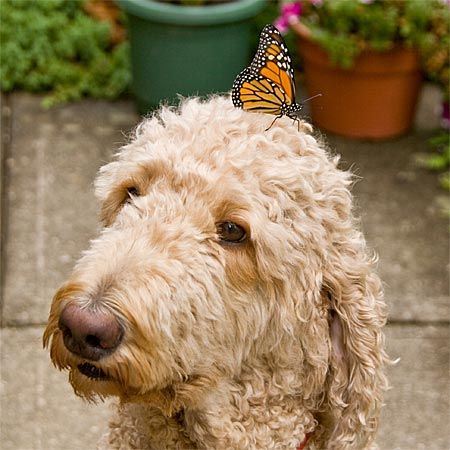
Pet ownership is thrilling but challenging, especially for first-time owners. A pet needs a safe, healthy, and supportive home to thrive. This checklist will help you care for your pet, whether a playful puppy, an independent cat, or another treasured pet. Be prepared to understand their health needs and create a routine that makes them happy to guarantee a smooth transfer and enduring attachment with your pet.
Quality Health Care and Coverage
To keep your pet healthy, new pet owners must understand their needs. This method requires regular veterinary visits to assess your pet’s health, immunizations, and preventative treatment. Also, financial safeguards like dog insurance provide peace of mind. First-time owners sometimes underestimate the cost of unanticipated medical requirements, but insurance can assist.
Dog insurance is popular, but all pet owners should research healthcare choices based on their pet’s species, age, and medical conditions. Planning ensures that your pet receives prompt medical care, laying the groundwork for a healthy life.
Making it Safe and Pet-friendly
Pets’ physical and emotional well-being depends on their home environment. Start by pet-proofing dangerous locations. Remove or secure household chemicals, medicines, and small objects your pet may eat. Create a space with toys, bedding, and water for larger pets like dogs. However, cats like peaceful, lofty places to watch their surroundings. Early limits help pets feel protected and reduce accidents, allowing them to explore securely and gain confidence in their new home.
Routine Feeding and a Balanced Diet
Responsible pet ownership necessitates feeding regimens to address your pet’s nutritional needs. Ask your vet about the optimum food for your pet’s age, breed, and lifestyle. Balanced diets prevent obesity, promote energy, and improve pet health. Supplements like Mighty Munch can also support joint health, digestion, and overall wellness, making them a smart addition to your pet’s daily routine. Feed regularly to improve digestion, and avoid giving too many treats, which can increase weight gain. Avoid chocolate, onions, and grapes, and give pets plenty of water.
Encourage regular exercise and mental stimulation.
Every pet needs exercise and mental stimulation to stay healthy and happy. Dogs, depending on breed and age, need daily walks and off-leash play. Cats like interactive toys and scratching posts. Small mammals and birds need climbing structures or tunnels for exercise and mental stimulation. Play and exercise keep your pet healthy and increase trust and security with your new companion.
Proper Grooming and Hygiene
Grooming is essential for your pet’s comfort and health, but it’s often overlooked or forgotten. Finding a groomer who uses grooming appointment apps helps since they can send helpful reminders to you, a pet owner. When necessary, brushing, nail trimming, and bathing help prevent matted skin, skin infections, and discomfort. Dogs with lengthy coats need extra brushing, and some cats need ear cleaning. Poor oral hygiene can cause serious health complications, so dental care is essential. Grow your pet’s grooming routine slowly to reduce stress.
Monitor Behavior and Seek Professional Help When Needed
A pet’s behavior can show their mood. Sudden hostility or retreat may signify stress, disease, or discomfort. Working with a trainer or behaviorist early on will help with training or behavioral concerns. Using personality-matched methods, professionals can help you and your pet adjust to new habits and challenges.
Conclusion
First-time pet owners might start with this checklist on responsible pet care. With preparation, understanding, and compassion, new owners may ensure their pets’ happiness, health, and security in their new homes.
Next up… Stories About Butterflies and Pets






